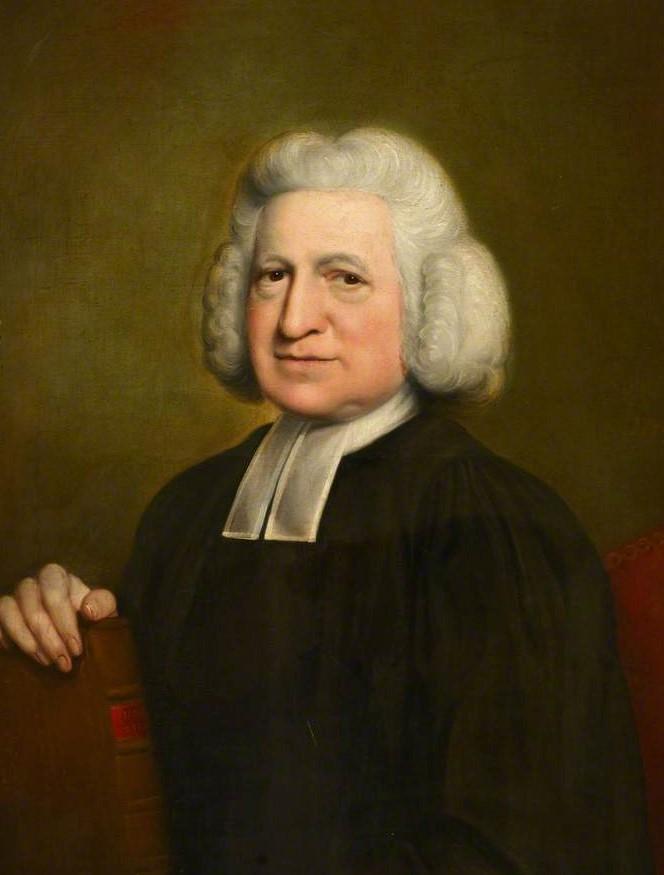And how was your Fourth? In whatever celebratory spirit lingers, let me begin by saying how I always found myself agreeing with John Updike’s line “America is a vast conspiracy to make you happy.” That may have been from a 1972 short story and not a formal pronouncement, but spend any time with Adam Begley’s massive biography of a few years ago and the head-spinning extent to which the great man’s art imitated his life is immediately apparent.
Of course these days you’d have to append to Updike’s qualified patriotism the thought, Well, unless you need a hospital stay, or presume to think you should be able to survive on a service economy job’s wages, or look to contribute to society through a college education without incurring a lifetime of debt.
Or for that matter try to get by as a member of the middle class in the Hamptons.
No, this year the phrase “freedom to fail” kept popping into my mind, a wet blanket on all the illegal fireworks. So the pandemic, as perplexing as it is persistent, has left us all unmoored? Time will tell what the lesson is, if any, but I’ve long thought every American should have the experience of complete, untethered freedom, if only for a while.
Once, just for instance, I found myself jobless in northwest Washington, outside Bellingham, content for the first couple of months to do nothing other than live off my summer Alaska tour company earnings and explore the area, everything there bigger and better than here, the ferries, the foliage, the wildlife.
I eventually got a factory job assembling and packaging accessories for boats, but the interesting part came when my girlfriend realized a lifelong dream and entered the Peace Corps, and there I was, freer still. Free to stay, free to go, free to do anything, or nothing. Free to go begging for a job at the local paper, little more than an advertising circular, really, free to drive a beer truck. Free to fail.
Out of loneliness and curiosity, one day I walked into the nearby Methodist church, its small congregation led by a vivacious young female pastor. The old man two pews in front of me was nothing if not philosophical in his yearning for more meditative quiet time.
It’s safe to say the Methodists love their hymns. After all, one of the founders of the church, Charles Wesley, wrote thousands of them. This day, though, I heard “God Be With You Till We Meet Again,” from 1880, words by Jeremiah Rankin. One of history’s great send-offs.
I was moved, to put it mildly, and just about the next day packed up my two-door Honda and my cat and said goodbye to Washington, winding up back on Long Island, where family was, another indication of how people need some base of operations to work from. But the hymn stuck with me: “Keep love’s banner floating o’er you / Smite death’s threat’ning wave before you.”
Truer words. Too bad no one’s gathering to sing them right now.

